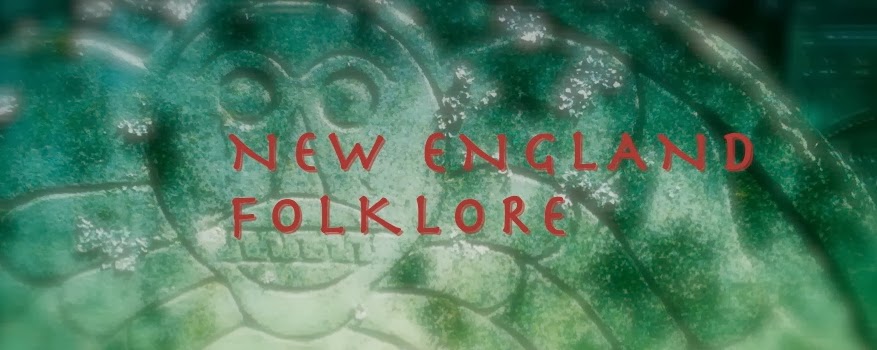Christmas today is a family-focused holiday. When you think of Christmas, you think of kids around a Christmas tree opening presents delivered by Santa.
According to historian
Stephen Nissenbaum, Christmas in the past was a very different holiday. Instead of kids opening presents, rowdy bands of drunken laborers roamed from house to house, singing songs and demanding gifts of food, money and alcohol. Sometimes they wore costumes and performed skits (a practice known as
mumming), sometimes they would just sing songs that demanded gifts (an ancestor of modern Christmas caroling known as
wassailing).
The Puritans discouraged the celebration of most holidays in New England, but particularly Christmas, claiming it was too disruptive and did not have basis in the Bible. From 1659 - 1681 it was actually illegal to celebrate Christmas in Massachusetts, but long after that law's repeal (under pressure from England) Christmas celebrations were still frowned upon. Massachusetts didn't legally recognize Christmas as a holiday until 1855.
But many people still celebrated Christmas, despite disapproval from political and religious leaders. An article in the
Journal of American Folklore from 1896 describes a visit by Christmas mummers in the 1700's, a time when "Christmas was not kept." The article is based on recollections of a woman who was born in 1752.
Men wearing masks and carrying swords came to her parents' house, and performed a skit involving combat, a miraculous cure for the injured combatant, and nonsensical questions. The skit featured these lines:
Here comes I who never came yet
Great head and little wit,
And though my wit it is so ill,
Before I go I'll please you still.
From the description, it seems as though the men were performing a version of a traditional British
play about St. George.
 Christmas Eve, 1836, by Herman Bokum. From the American Antiquarian Society.
Christmas Eve, 1836, by Herman Bokum. From the American Antiquarian Society. 